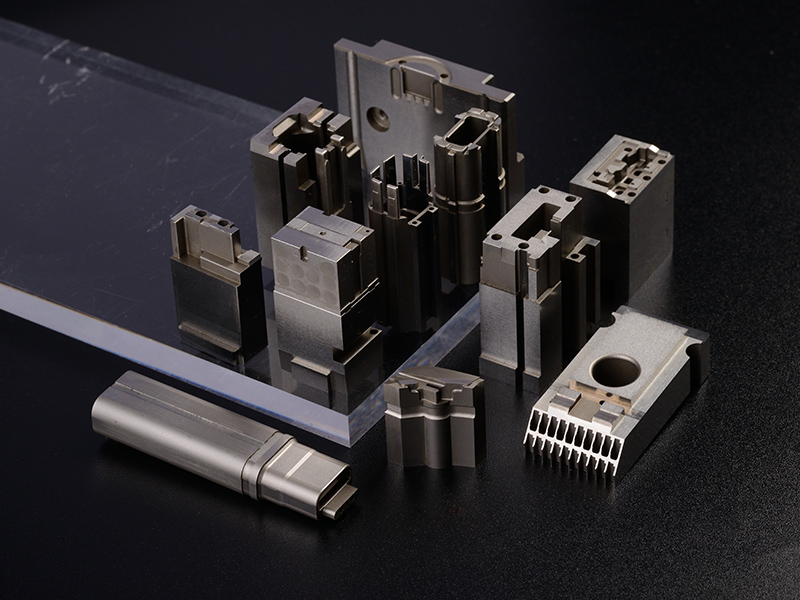To enhance mold processing efficiency, high-
Precision Plastic Mold manufacturers commonly employ high-speed machining technology. High-speed machining centers are characterized by their high speed, rigidity, and precision, enabling fast and efficient mold processing. This not only boosts production efficiency but also ensures the accuracy and surface quality of the mold.
The precision requirements for plastic molds are extremely high, including cavity accuracy, gate accuracy, and product accuracy. Precision molds must ensure that the dimensions, shape, and surface finish of the product meet the specifications, satisfying downstream customers’ demands for product consistency and precision.
The manufacturing process of precision plastic molds begins with the design and engineering phase. During this phase, our engineers meticulously analyze the product designs provided by the customer to determine the required mold specifications and functions. This includes mold dimensions, shape, material selection, and cooling systems. Once the design is finalized, detailed engineering drawings and simulation models are created to ensure that the mold can accurately produce the required plastic parts.
Next, we select the appropriate materials based on customer requirements, which is crucial for manufacturing precision plastic molds. Common mold materials include steel, aluminum, and copper alloys. Each material has unique characteristics suitable for different types of plastic materials and production requirements. Factors such as hardness, thermal conductivity, wear resistance, and machinability of the material need to be considered.
After completing the design and material selection, the mold manufacturing process proceeds to the CNC (Computer Numerical Control) machining stage. CNC machines precisely cut and carve the mold components, ensuring that the dimensions and shapes of the mold meet the design specifications. The key at this stage is the skill and precision of the machine operators.
After
cnc machining, the mold typically undergoes a heat treatment process to enhance its hardness and wear resistance. Heat treatment can be accomplished through methods such as quenching, tempering, and carburizing to ensure that the mold can withstand the high pressure and temperature of the plastic injection process.
The final step is mold assembly and debugging. At this stage, the various mold components are assembled and adjusted as necessary to ensure proper operation. This includes installing the nozzle and cooling system, as well as adjusting injection pressure and temperature.
We are a one-stop service company providing product development, mold design and manufacturing, and injection molding services. Our products are used in various fields such as electronic precision connectors, LED lighting, communication electronics, computer peripherals, automotive electronics, medical devices, battery new energy, automation equipment parts, precision components, and precision fixtures.




